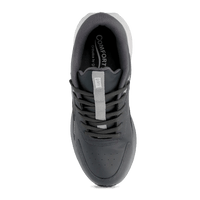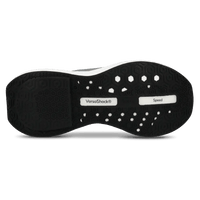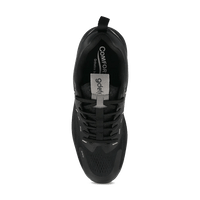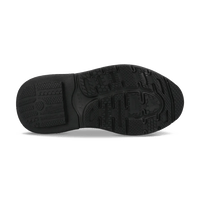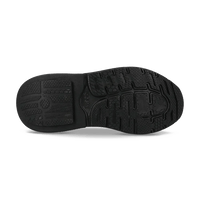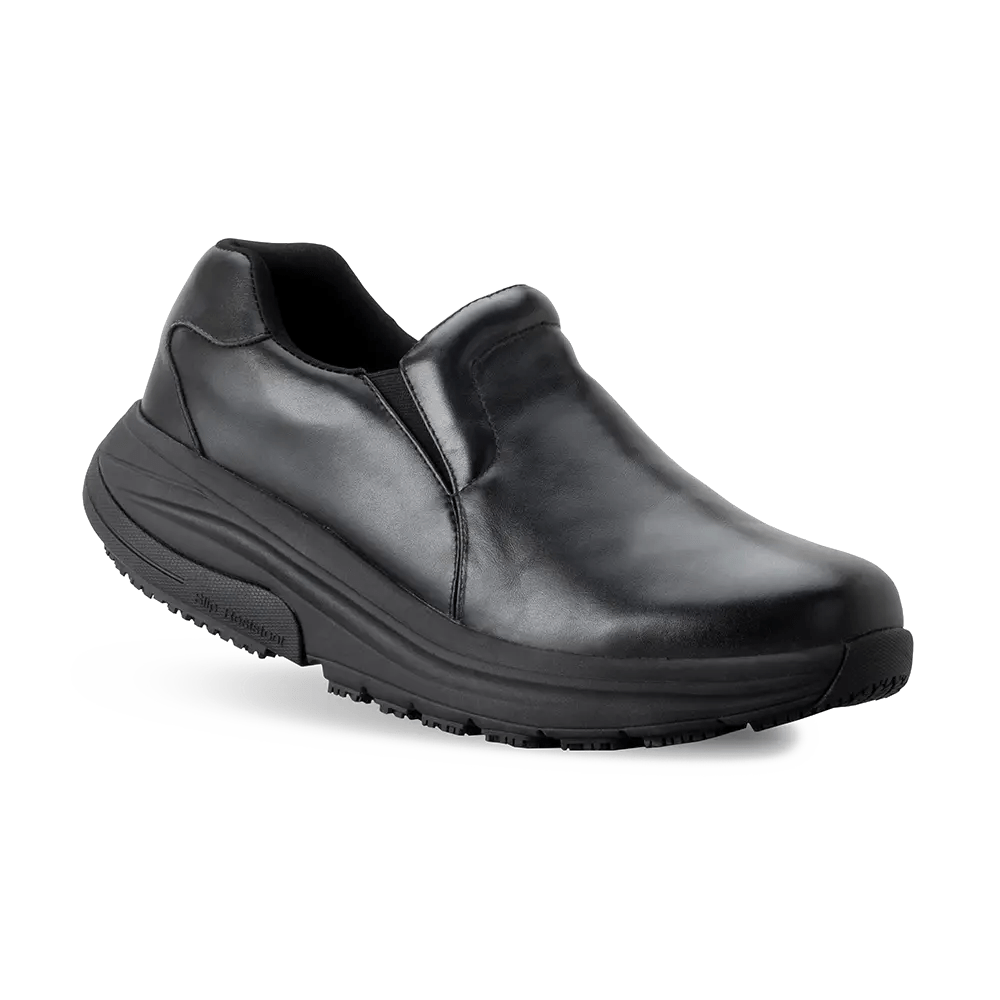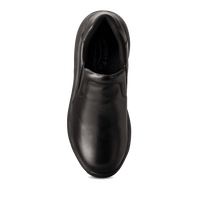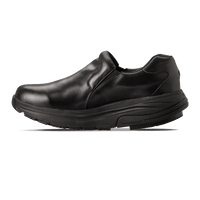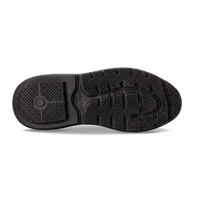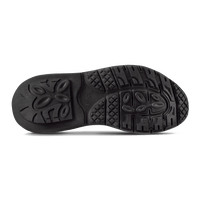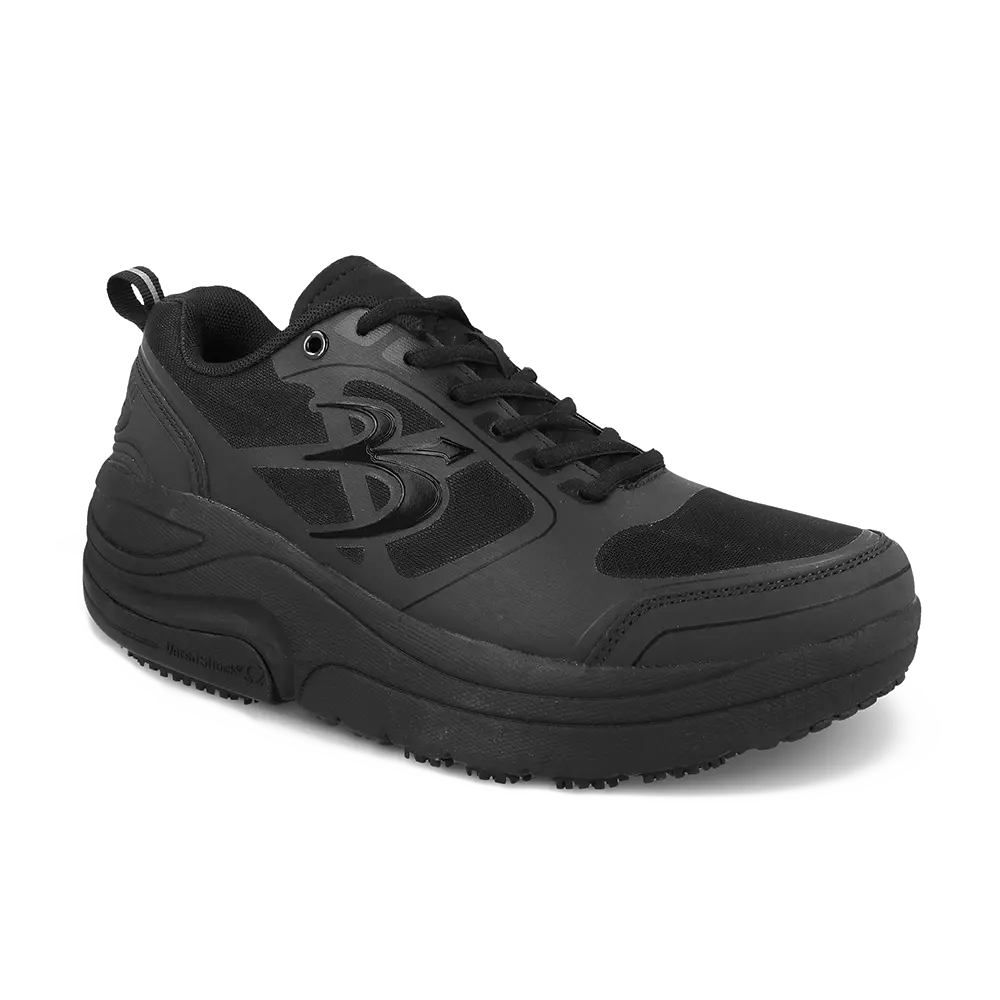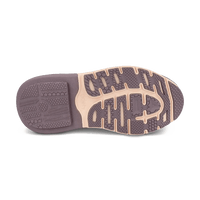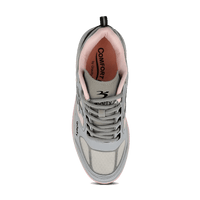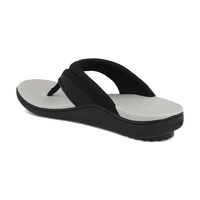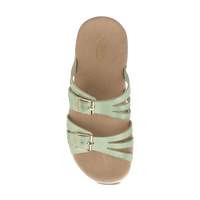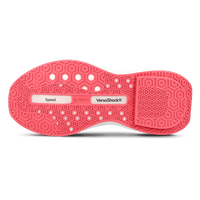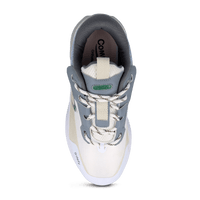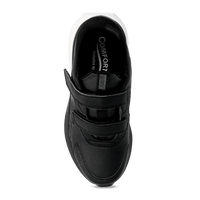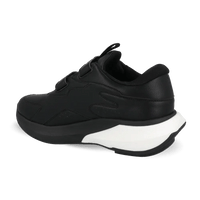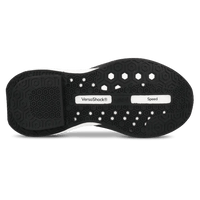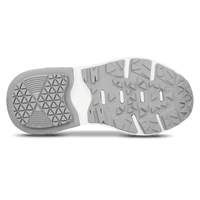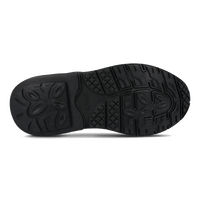May 26, 2025
Effective Home Remedies for Sprained Foot
By Gdefy

Summary
Understanding a Sprained Foot
What Does a Sprained Foot Feel Like?
A sprained foot typically involves overstretching or tearing of the ligaments that support the foot. The symptoms can vary depending on the severity of the sprain. Common signs include:
- Pain and tenderness
- Swelling and bruising
- Difficulty walking or bearing weight
- A popping or tearing sensation at the time of injury
Can You Sprain Your Foot?
Yes, a foot sprain is quite common and can occur in various parts of the foot, including the side or the arch. It often results from twisting or rolling the foot awkwardly, leading to a strained or twisted foot.
Immediate Care for a Sprained Foot
R.I.C.E. Method
The R.I.C.E. method is a fundamental approach to managing a sprained foot immediately after injury. It stands for:
- Rest: Keep weight off the foot to prevent further injury.
- Ice: Apply ice packs to reduce swelling and numb the pain. Use a cloth to protect your skin and apply ice for 15-20 minutes every hour.
- Compression: Use an elastic bandage to wrap the foot snugly, but not too tight, to prevent swelling.
- Elevation: Keep the foot raised above heart level to help reduce swelling.
This method is beneficial for the first 24-48 hours post-injury.
Over-the-Counter Pain Relief
Non-prescription medications like ibuprofen or acetaminophen can help manage pain and reduce inflammation.
Home Remedies for a Sprained Foot
Herbal Remedies
Certain herbs have anti-inflammatory properties that can aid in the healing process:
- Arnica: This herb is known for reducing swelling and bruising. Apply arnica cream or gel to the affected area.
- Turmeric: Known for its anti-inflammatory effects, turmeric can be consumed as a tea or added to meals.
- Ginger: Drinking ginger tea can help reduce pain and swelling.
Epsom Salt Soak
Soaking your foot in a warm Epsom salt bath can help relax the muscles and reduce swelling. Add a cup of Epsom salt to a warm foot bath and soak for about 20 minutes.
Essential Oils
Essential oils like lavender or eucalyptus can provide soothing relief. Mix a few drops with a carrier oil and gently massage it into the affected area.
Rehabilitation and Recovery
Gentle Exercises
Once the initial pain and swelling have reduced, gentle exercises can help restore flexibility and strength. Examples include:
- Toe curls: Sit and place a towel on the floor. Use your toes to scrunch the towel towards you.
- Ankle circles: Gently rotate your ankle in circles to improve range of motion.
How Long Does a Sprained Foot Take to Heal?
Recovery time varies depending on the sprain's severity. A mild sprain may take about two weeks, while a more severe sprain can take several weeks to heal fully.
When to Seek Medical Attention
If you experience severe pain, inability to bear weight, or if symptoms persist beyond a few days, it is essential to consult a healthcare provider. They may recommend imaging tests to rule out fractures or more severe injuries.
Preventing Future Sprains
Proper Footwear
Wearing supportive and well-fitting shoes can prevent future sprains. Opt for shoes with good arch support and cushioning.
Strengthening Exercises
Regularly performing exercises to strengthen the foot and ankle can reduce the likelihood of future injuries.
Balance and Coordination
Improving balance and coordination through exercises like yoga or tai chi can help prevent foot sprains.
Conclusion
A sprained foot can be managed effectively at home with the right care and remedies. By following the R.I.C.E. method, utilizing herbal treatments, and incorporating gentle exercises into your routine, you can promote healing and reduce recovery time. Remember to listen to your body and seek medical advice if needed to ensure a full and safe recovery. With these strategies, you'll be back on your feet in no time.




